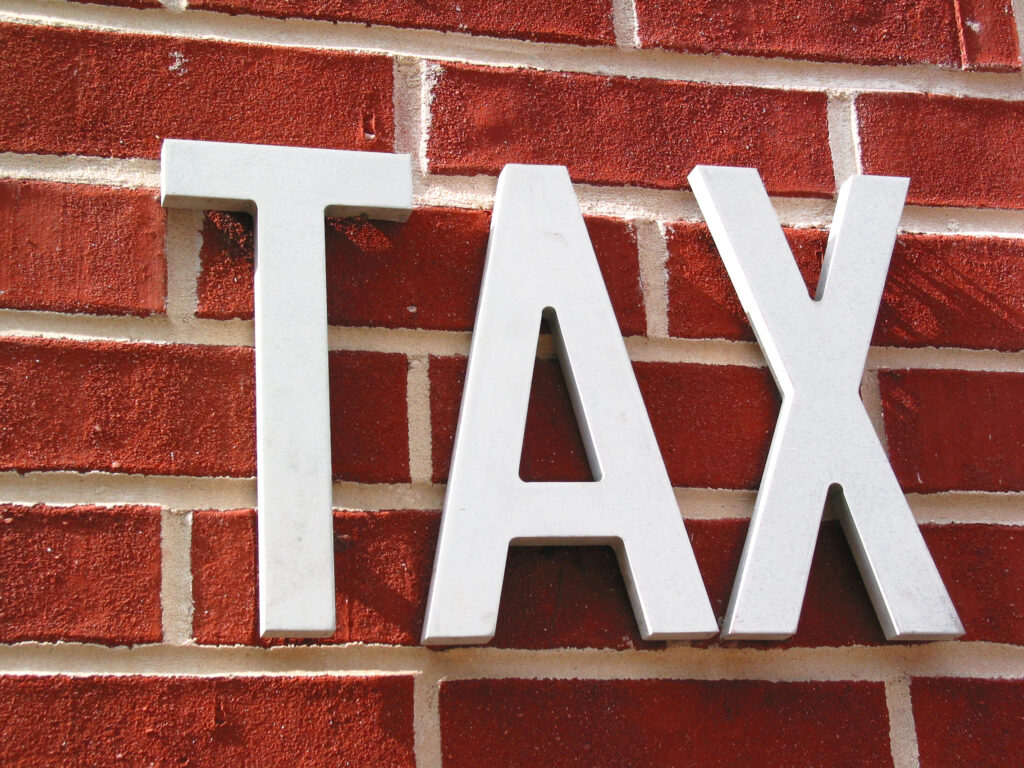The SEIS scheme is a UK government initiative that offers tax relief to investors in small businesses. The scheme was introduced in 2012 and is designed to encourage investment in early-stage companies. SEIS investments can be made through a number of channels, including crowdfunding platforms. Under the SEIS scheme, investors can receive up to 50% tax relief on their investment, as well as other benefits such as Capital Gains Tax exemption. The SEIS scheme has been successful in encouraging investment in early-stage companies, and has helped to create jobs and boost economic growth.
1. Benefits to Investors
The government’s Seed Enterprise Investment Scheme (SEIS) offers significant tax relief for investors in early-stage companies. The SEIS scheme allows investors to claim 50% tax relief on investments of up to £100,000 per year. In addition, investors can also benefit from capital gains tax exemption on profits from SEIS investments. As a result, the SEIS scheme provides a valuable opportunity for investors to support young businesses while also minimising their own tax liability. This makes the SEIS scheme an attractive option for those looking to invest in early-stage companies.
- 50% tax relief that they can receive on investments of up to £100,000. This means that an investor who purchases £100,000 worth of shares in a qualifying startup can reduce their tax bill by up to £50,000.
- Capital gains that are made on SEIS-qualified investments are exempt from Capital Gains Tax (CGT). This makes the SEIS scheme an attractive option for investors who are looking to minimise their tax liability.
2. Benefits to startups
The SEIS scheme is a great way for startups to get access to much-needed funding. Under the scheme, startups can raise up to £150,000 from investors and receive SEIS tax relief on the money invested. This is because the tax relief available to investors makes investing in a startup more appealing. In addition, being able to offer CGT exemption on future profits can make a startup more attractive to potential investors. In addition to accessing funding, startups also benefit from the expertise and knowledge of experienced investors who can provide valuable guidance and advice. The SEIS scheme is therefore a great way for startups to get the funding and support they need to grow and succeed.
SPV’s are also a great way to benefit your startup!
How do you apply for the SEIS scheme?

The SEIS scheme is a tax relief scheme that is available to startup companies in the UK. In order to apply for the SEIS scheme, you must first meet a number of eligibility criteria. These include being a new company that is less than two years old, having fewer than 25 employees, and having raised less than £200,000 in funding. If you meet these criteria, you can then submit an application to HMRC. Once your application has been approved, you will be able to claim SEIS tax relief on any investments made in your company. This tax relief can be worth up to 50% of the amount invested, making it a valuable tool for attracting new investors.
The scheme in 2022

The government has announced an extension to the SEIS scheme until 2024, which will now be available to companies with up to 250 employees. The scheme was due to expire at the end of this tax year. However, the extension will provide a much-needed boost to start-ups and small businesses across the country. Minister for Small Business Nick Boles said: “The SEIS has been a huge success, with over £600 million being raised by over 3,000 companies since 2012. This extension will ensure that even more businesses can access the funding they need to grow and create jobs.” The scheme has been praised by business groups and entrepreneurs alike, and the extension is sure to be welcomed by many in the small business community.
In Summary
As a result, the SEIS scheme has been instrumental in helping many small businesses get off the ground. However, it is worth noting that the SEIS scheme is not without its critics, who argue that it provides too much support for startups, and that it should be reformed in order to better target high-growth companies. Nonetheless, there is no doubt that the SEIS scheme has had a positive impact on the UK economy, and it will continue to benefit businesses for years to come.

